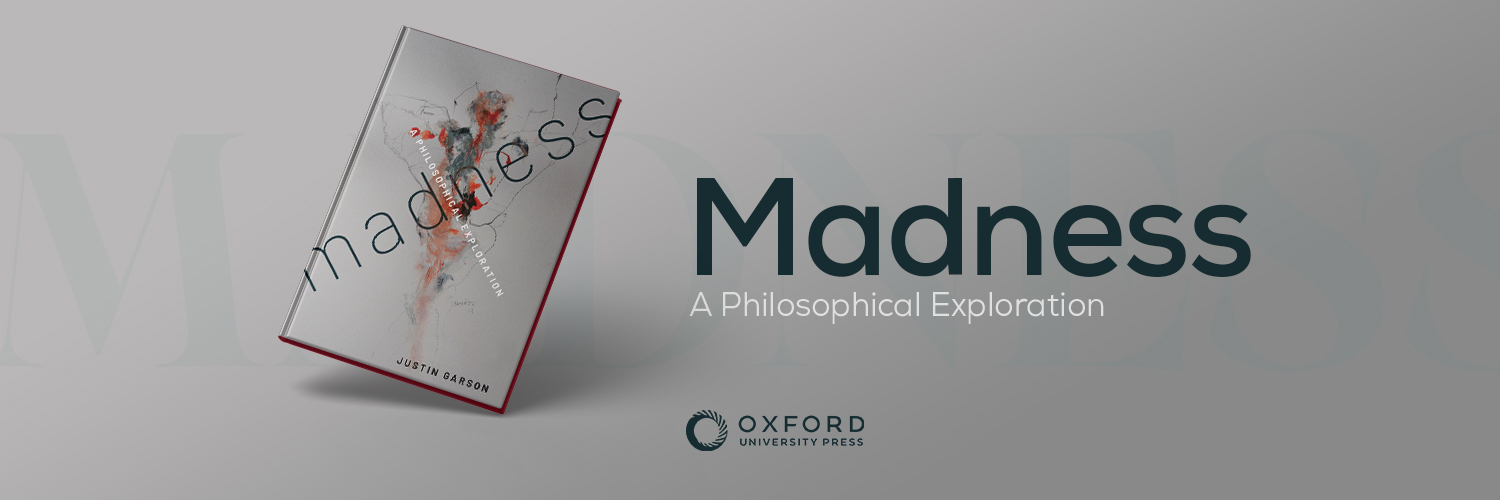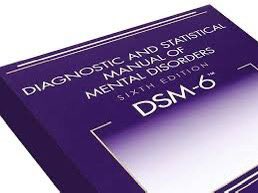
Justin Garson
@justin_garson
THE MADNESS PILL (@StMartinsPress 2026) | MADNESS (Oxford 2022) | Philosopher, CUNY | words in @PsychToday @aeonmag @Mad_In_America | rep @Vogelrachelm
For Aeon, I wrote about targeted individuals, “paranoia,” and the failure of medical psychiatry to help those most in need. I also consider what should come next. Deeply grateful to those who shared their stories with me @aeonmag aeon.co/essays/how-the…

When you consider the actual causes of poor mental health - child abuse, job insecurity, isolation - vs. the ‘causes’ postulated by psychiatrists - brain defects to be managed by drugs - you realize how pathetically inept they are at actually helping anyone.
Psychiatry errs because it fails to grasp how incredibly well-designed the human mind really is. Depression, anxiety, even psychosis are signals that carry invaluable information about what’s going wrong in life - yet we idiotically treat them as “symptoms” to be “managed.”
Most mental health problems can be solved by getting the fuck out of whatever toxic environment you’re in: a relationship, a job, a home situation. But psychiatry’s main goal is to keep you ‘functioning’ in those environments as long as possible.
What’s heartbreaking is psychiatry finds 1 million ways to tell you “your brain is defective and you need our services” when the message most people need to hear is “there is literally nothing wrong with your brain, it’s working exactly as it’s meant to in a fucked up situation.”
The reason psychiatrists are so adamant about denying SSRI withdrawal problems - despite thousands of patient testimonies - is that without the pills, the entire illusion of medical authority crumbles. Pills saved psychiatry from being the embarrassment of the medical world.
The latest clamor to reassure us that SSRIs are “safe and effective” obscures a simple truth: depression is not a disease to be vanquished with drugs, but rather, the mind’s designed wake-up call. Healing involves welcoming it and listening to what it is trying to say.
Psychiatry represents the ultimate tyranny of shallow, small-minded people over the rest of us. Anything they cannot immediately comprehend becomes a ‘disorder’ to be contained and bombarded with drugs. They are the great levelers of society.
Psychiatrists once believed that depression, or anxiety, or psychosis, could be the start of a journey of self discovery, one that would ultimately make you better off. Today we just have the brain disease model: you’re sick, broken, and need our pills. What have we lost?
The core sin of psychiatry is that it locks you into an identity based on deficit or lack: The ADHD brain lacks focus. The BPD brain lacks emotional stability. The schizophrenic brain lacks contact with reality. Psychiatry is stigmatizing in its very essence.
All great things begin with madness: art and religion and nations. They begin with someone who is excessive or ‘delusional’ or subject to fits of rage or despair. To treat madness as a medical problem to be ‘fixed’ with drugs is to rob life of what makes it worth living.
Nobody likes when I say it, but it must be said: while it’s fair to condemn psychiatry for pushing drugs on us, it’s equally fair to condemn the public for how eagerly we’ve embraced drugs to solve our problems. Pharma greed + quick fix mindset = current public health disaster.
What makes psychiatry so different from the rest of medicine - and so dangerous - is that its diagnostic labels (‘depression,’ ‘schizophrenia’) aren’t tethered to actual pathological processes. These categories will expand or shrink as professional and economic interests dictate.

It’s inconceivable to me that a quarter of the UK population is mentally ill. Rather, the language of ‘mental illness’ - depression, anxiety, autism, ADHD - has become a culturally acceptable way to express our dissatisfaction with, and rejection of, the demands of society.

I’m always surprised by the number of people who express their outrage by calling me “sick.” As if that doesn’t confirm a point I repeatedly make: a diagnosis is a form of condemnation. It’s not an objective medical judgment, but a slur.

“But Justin, what about the schizophrenic patient who tries to drill a hole in his skull!?” Beloved, he is the product of medical psychiatry, not its justification. He is the predictable outcome of cycles of hospitalization, drugging, invalidation, and degrading medical messages.
I truly believe that psychiatry represents a war on intensity – intense experiences, extreme emotions, exalted states of mind: rage, joy, awe. It carries out this mission by equating intensity with pathology and using the tools of medicine to make us smaller.
One must never forget that psychiatry wasn’t made to ease distress, but to tame excess in all of its forms. It calls joy “mania,” transcendence “delusion,” rage over injustice “personality disorder”. It dampens our capacity for intense experiences of any kind.
